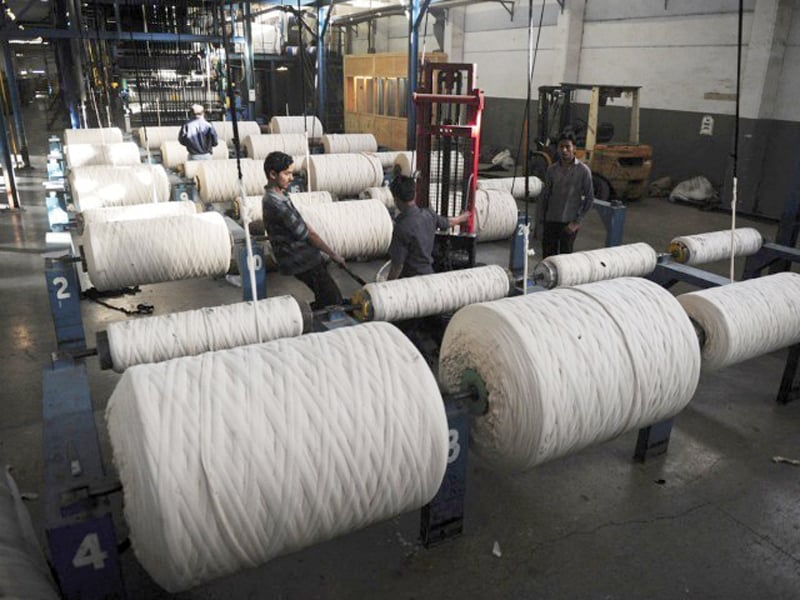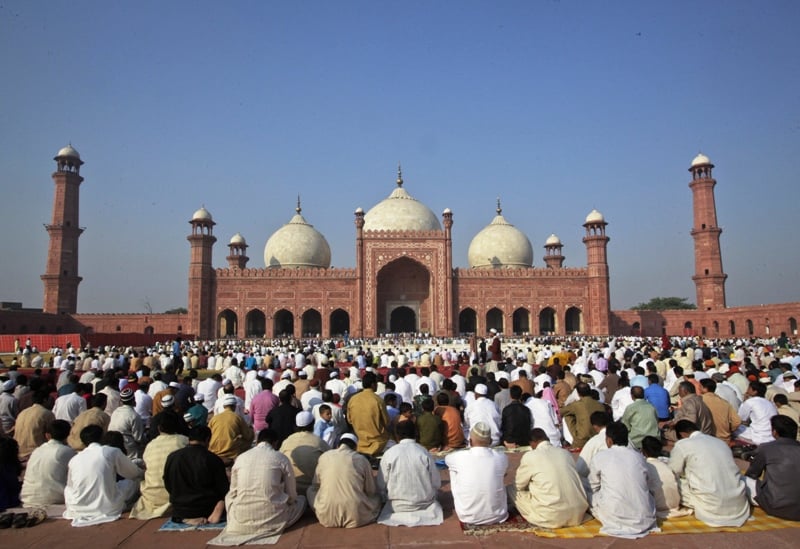
To ramp up economic growth through robust businesses, trade, and exports, exporters, industrialists, and the Karachi Chamber of Commerce and Industry (KCCI) have urged the government to develop a pro-business Strategic Textile Policy Framework (STPF) and a textile and apparel policy for quick implementation, prioritising the export sector's promotion.
They stressed that the policy must include sustainable, actionable, and pragmatic measures, as many initiatives outlined in the previous 2020-2025 policies were not implemented.
KCCI President Muhammad Jawed Bilwani and Pakistan Hosiery Manufacturers Association (PHMA) Central Chairman Muhammad Babar Khan highlighted the urgency of refining these critical policies, which are set to expire this year. During a meeting at the KCCI on Tuesday, they called for eliminating ambiguities that have left numerous issues unresolved over the past five years. The policies, they insisted, must be finalised through close consultation with key stakeholders, including KCCI, PHMA, and various export associations, to ensure comprehensive and effective frameworks.
The PHMA central chairman explained that the European Union (EU)'s GSP Plus status has been instrumental in enabling Pakistan to compete with countries like Bangladesh across multiple product categories. He said that the status has facilitated steady business inflows from the EU, contributing significantly to the country's exports. With over 50% of Pakistan's exports directed to the EU under the GSP Plus status, he called for collective efforts in compelling the government to take necessary steps to ensure its continuation.
"It must also be ensured that Pakistan does not compromise its international commitments, particularly its obligations under the human rights conventions and all other conventions to which the country is a signatory," Khan said. He also sought KCCI's support in tackling common challenges, including gas, electricity, and water shortages, as well as the excessively high tariffs that have inflated the cost of doing business and rendered Pakistani products uncompetitive both locally and internationally.
Additionally, he requested the inclusion of PHMA's representatives in KCCI's export subcommittee and other key panels, pointing out that PHMA represents the country's largest export share. The KCCI president acknowledged PHMA's significant contributions to promoting Pakistan's exports globally and invited PHMA to submit its budget proposals for inclusion in KCCI's recommendations for the 2025-26 budget. He urged greater collaboration among industry players to enhance the sector's global competitiveness. "We believe that strong synergies between organisations like KCCI and PHMA can pave the way in resolving long-standing issues and unlocking the sector's full potential," said Bilwani.
Speaking to The Express Tribune, Abdul Rehman Fudda, a leading exporter of home textiles and apparel, former PHMA South Zone chairman, and member of the Pakistan-EU Business Forum of FPCCI, stressed the need for consistent policies with full implementation. "Exporters don't ask for undue favours; we just need a level playing field compared to regional countries, including matching energy costs, simplified taxation policies, zero sales tax on input materials, and export-related services," he said.
Fudda also highlighted the dire need to encourage the establishment of textile and apparel support industries, such as machinery and plants for value addition, accessory production, and dyes and chemical manufacturing units, which can also serve as import substitutes. To achieve this, he proposed providing land on long-term, easy instalments, along with concessionary tariffs and minimal taxes for new plants during their initial five-year term. This initiative will help industrialists and exporters to boost local and foreign investments, he said.
Fudda also called for the National Compliance Centre (NCC) to become fully operational, setting standards acceptable to all international certifications to streamline exporters' compliance processes once they've qualified through the NCC.
He also recommended establishing display centres at all airports of the country to showcase Pakistani products and provide relevant exporter information.
























COMMENTS
Comments are moderated and generally will be posted if they are on-topic and not abusive.
For more information, please see our Comments FAQ